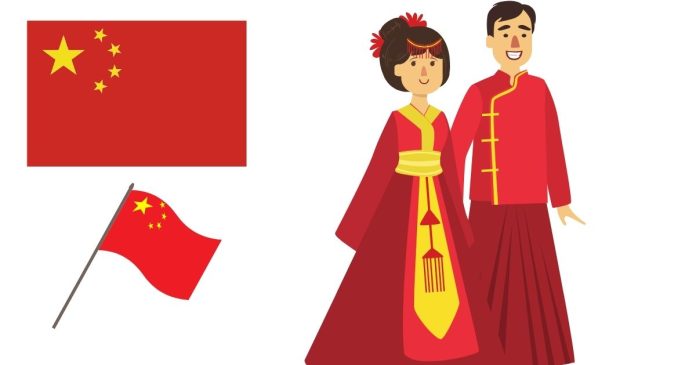“Ni xi huan you yong ma?” (你喜欢游泳吗?) is a common Chinese question that translates to “Do you like swimming?” in English. This question is often used in casual conversations to inquire about someone’s interests or hobbies. Let’s break down the phrase, understand its structure, and explore its cultural significance.
Breaking Down the Phrase
- 你 (Nǐ):
- Pronoun meaning “you.”
- Used to directly address the person being asked.
- 喜欢 (Xǐ huan):
- Verb meaning “to like” or “to enjoy.”
- Expresses preference or fondness for something.
- 游泳 (Yóu yǒng):
- Noun/verb meaning “swimming.”
- Represents the activity being discussed.
- 吗 (Ma):
- A question particle used at the end of a sentence to form a yes/no question.
- Indicates that the speaker is seeking confirmation or denial.
Literal Translation:
- “You like swimming?”
Natural Translation: - “Do you like swimming?”
How to Respond
When asked “你喜欢游泳吗?” you can respond based on your preference:
- Positive Response:
- 我喜欢游泳 (Wǒ xǐ huan yóu yǒng) – “I like swimming.”
- 是的,我很喜欢 (Shì de, wǒ hěn xǐ huan) – “Yes, I really like it.”
- Negative Response:
- 我不喜欢游泳 (Wǒ bù xǐ huan yóu yǒng) – “I don’t like swimming.”
- 不,我不喜欢 (Bù, wǒ bù xǐ huan) – “No, I don’t like it.”
- Neutral Response:
- 还好 (Hái hǎo) – “It’s okay.”
- 我没有试过 (Wǒ méi yǒu shì guò) – “I haven’t tried it before.”
Cultural Context of Swimming in China
Swimming holds a special place in Chinese culture, both as a recreational activity and as a professional sport.
- Historical Significance:
In ancient China, swimming was a survival skill, especially for those living near rivers and lakes. It was also a part of military training. - Modern-Day Popularity:
- Swimming is widely enjoyed in China, with public pools and natural bodies of water often bustling with activity.
- It’s considered a healthy, full-body exercise that appeals to people of all ages.
- Professional Achievements:
Chinese swimmers, such as Sun Yang and Ye Shiwen, have brought international attention to the sport through their success in the Olympics and world championships.
The question “你喜欢游泳吗?” is a great way to start a conversation about hobbies and interests in Chinese. It’s simple, yet effective in building rapport and understanding someone’s preferences. Whether you’re practicing Mandarin or chatting with a friend, this question opens up opportunities to discuss swimming, fitness, and leisure activities. So, next time someone asks, “你喜欢游泳吗?” be ready with your answer!


